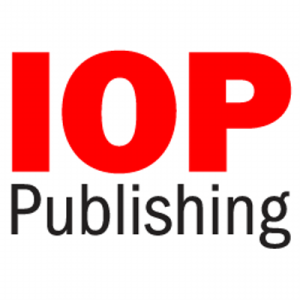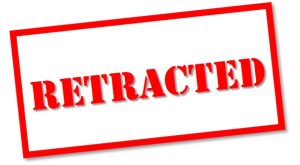
When Jure Mur, a postdoc at the University of Edinburgh in Scotland, realized the replication of a published study he was working on as a “sanity check” wasn’t producing matching results, his first reaction was “annoyance,” he said.
He assumed the mistake was his own, and he’d have to thoroughly check his work to find it. “Only after double- and triple-checking my code did I start suspecting an error in the original paper,” Mur told Retraction Watch.
Mur emailed the authors of the article several times, but they never responded to him, he said. He next contacted the editors of The Lancet Public Health, which had published the original paper, “Association between hearing aid use and all-cause and cause-specific dementia: an analysis of the UK Biobank cohort,” in April 2023.
Continue reading ‘We should have followed up’: Lancet journal retracts article on hearing aids and dementia after prodding






